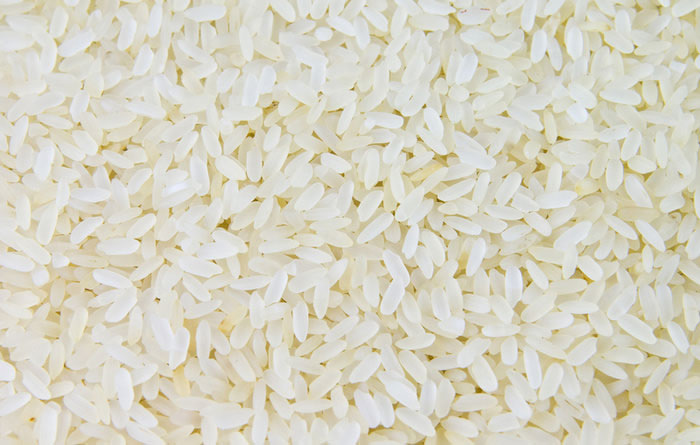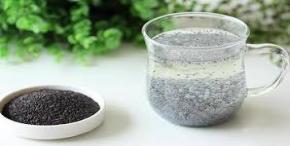News
Health Benefits of Oyster Mushroom
Update: 8/16/2017Oyster mushrooms are mostly found in the Chinese foods. Due to its high amount of nutrients, it is widely popular. Oyster mushroom is sauteed with garlic and olive oil. They are loaded with various amounts of nutrients and vitamins which makes them a healthy diet. It is free from fat, cholesterol, gluten, low in calories and sodium. The iron found in Oyster mushrooms is high in comparison to the meat.
1. Maintain the levels of blood sugar
The insufficient amount of insulin in the body results in diabetes. The calcium is required for the insulin secretion. Vitamin D helps to reduce inflammation and raise the insulin sensitivity. The studies shows that Vitamin D helps to prevent both type 1 and type 2 diabetes.
2. Immunity system
Vitamin D helps to replicate the healthy cells and protects the autoimmune conditions such as flu and common cold. It also prevents the excessive or prolonged inflammatory responses. Inflammation is the cause for autoimmune disorders and chronic diseases such as rheumatoid arthritis, multiple sclerosis, irritable bowel syndrome, high blood pressure and digestive problems.
3. Cardiovascular conditions
Besides the balance of triglycerides and cholesterol levels, Vitamin B3 helps to reduce atherosclerosis that is hardening of arteries which may lead to the heart disease. It also assists to reduce the histamine production and inflammation along with the improvement in circulation.
.jpg)
Vitamin B3 reduces the chances of reoccurring of heart disease or cardiac arrest in those who have already experienced. Additionally, Vitamin B3 helps to treat pellagra which is the health condition that occurs from the deficiency of niacin.
4. Skin problems
Vitamin B3 which is in the form of niacinamide helps to clear acne when it is applied topically in the skin. Niacin assists in the reduction of flare ups, skin inflammation, redness and irritation. It also helps to treat granuloma annulare and bullous pemphigoid which is a skin disease that blisters the skin, cause pain and infection.
5. Brain health
The studies show that copper has an impact on the brain pathways such as galactose and dopamine which helps to maintain the energy, mood, focus and outlook. The deficiency of copper results in fatigue, low metabolic activity, poor mood and problem in concentration. Copper also helps to utilize the antioxidants such as superoxide dismutase, Vitamin C, tyrosinase and ascorbate oxidase. This helps to prevent the damage made by free radicals in the brain and also slows down the process of ageing, neuro-degenerative diseases and cancer.

6. Cures anemia
An inadequate amount of oxygen in the blood, low red bloods cell production and the blood loss are the causes of Anemia. Vitamin B2 helps to prevent the anemia. Vitamin B2 is vital for production of red blood cells and steroid hormone synthesis. It assists in transporting the oxygen in the body and also mobilizes iron. The people with low Vitamin B2 have the high chances of sickle cell anemia and anemia. The research shows that Vitamin B2 helps to reduce the homocysteine levels in the blood.
7. Provides energy
Vitamin B converts the carbohydrate into glucose which is used as a fuel to produce energy. Vitamin B synthesizes the body and metabolizes proteins and fats. Vitamin B5 assist to rebuild muscles, tissues and organs. Vitamin B5 helps to maintain the optimum level of metabolism.
8. Prevents tooth decay
Vitamin D, phosphorus and calcium helps to form and maintain the dental health by assisting the jaw-bone mineral density, holding the teeth and tooth enamel. Children need calcium and phosphorus rich foods to develop the adult teeth and form the hard structure of teeth. Vitamin D requires phosphorus to balance the calcium and enhance absorption while forming tooth. Vitamin D reduces the gum inflammation which is related to periodontal gum disease.

9. Maintains mood
Neurotransmitter functions depend on the adequate amount of iron to maintain a positive mood. It also depends on the hormone balance such as dopamine, serotonin and others. So the deficiency of iron leads to bad sleep, poor mood, lack of motivation and low level of energy.
10. Alcoholism
Vitamin B1 assist to reduce the chances of brain disorder named as Wernicke-Korsakoff Syndrome which includes nerve damage, muscle movement, problem in walking and lethargy. It is caused due to the low thiamine and poor diet but is usually seen in the alcoholics. The high intake of thiamine can reduce the symptoms of alcohol withdrawl.
follow https://www.healthbenefitstimes.com












